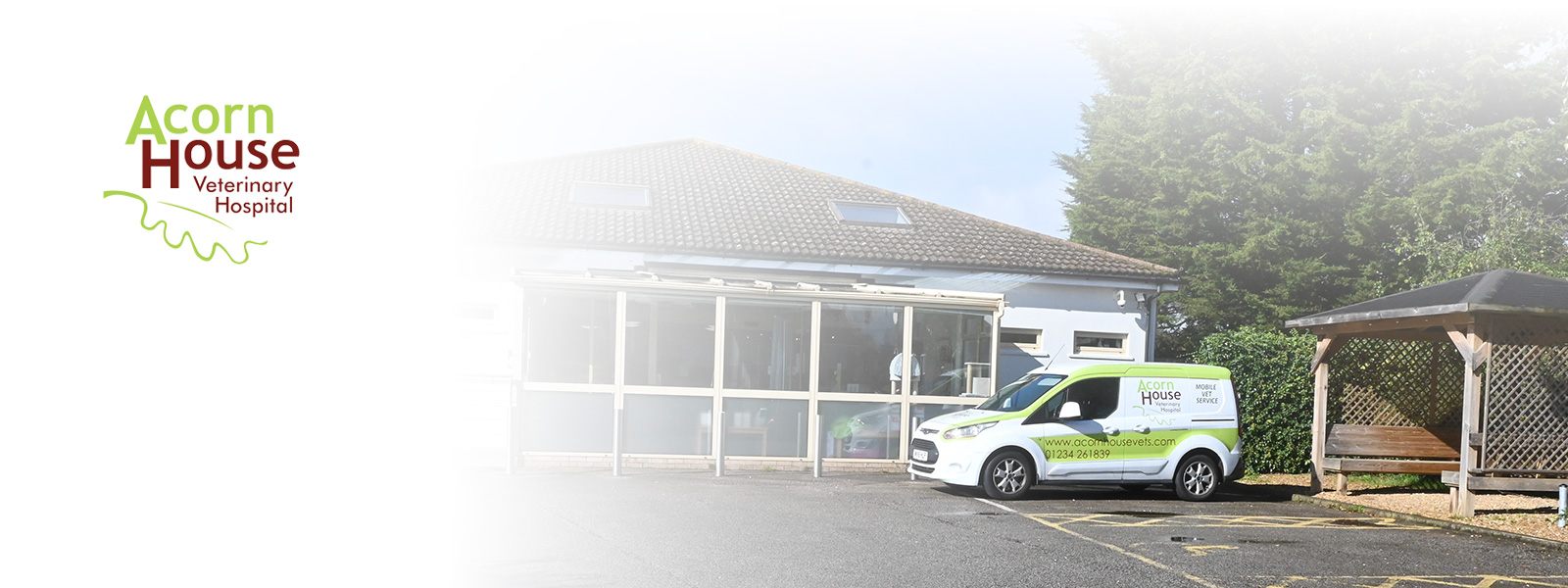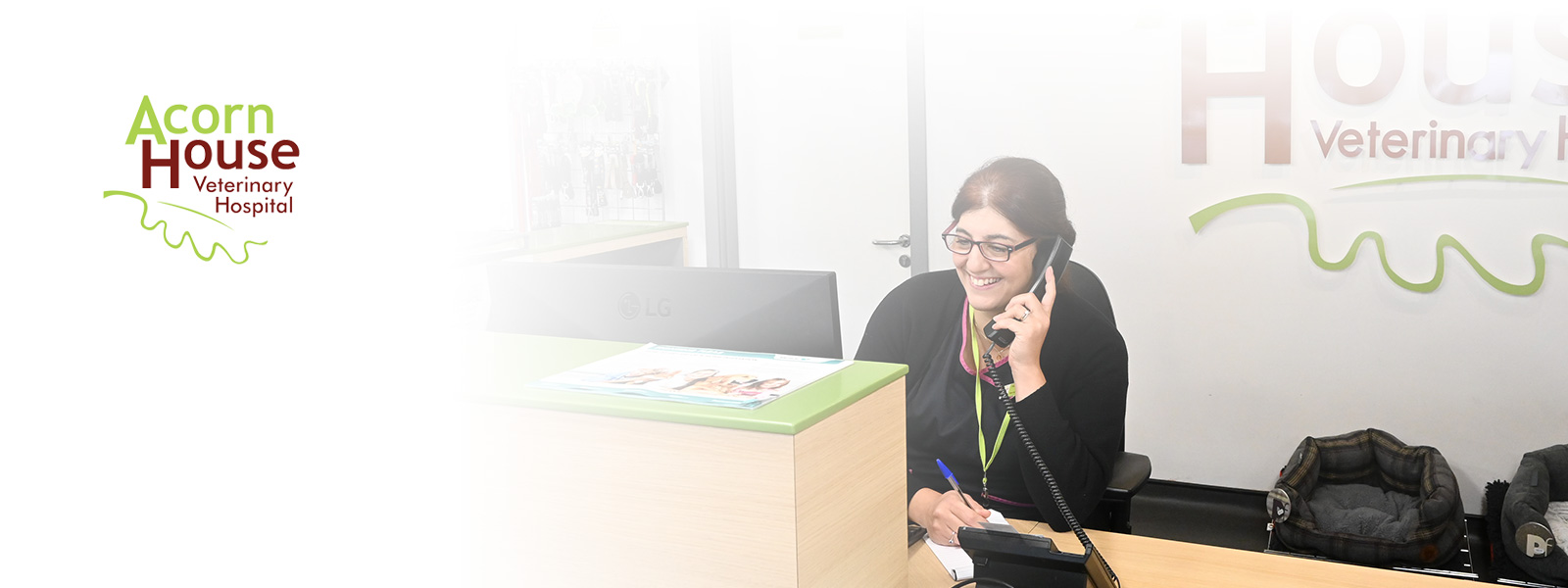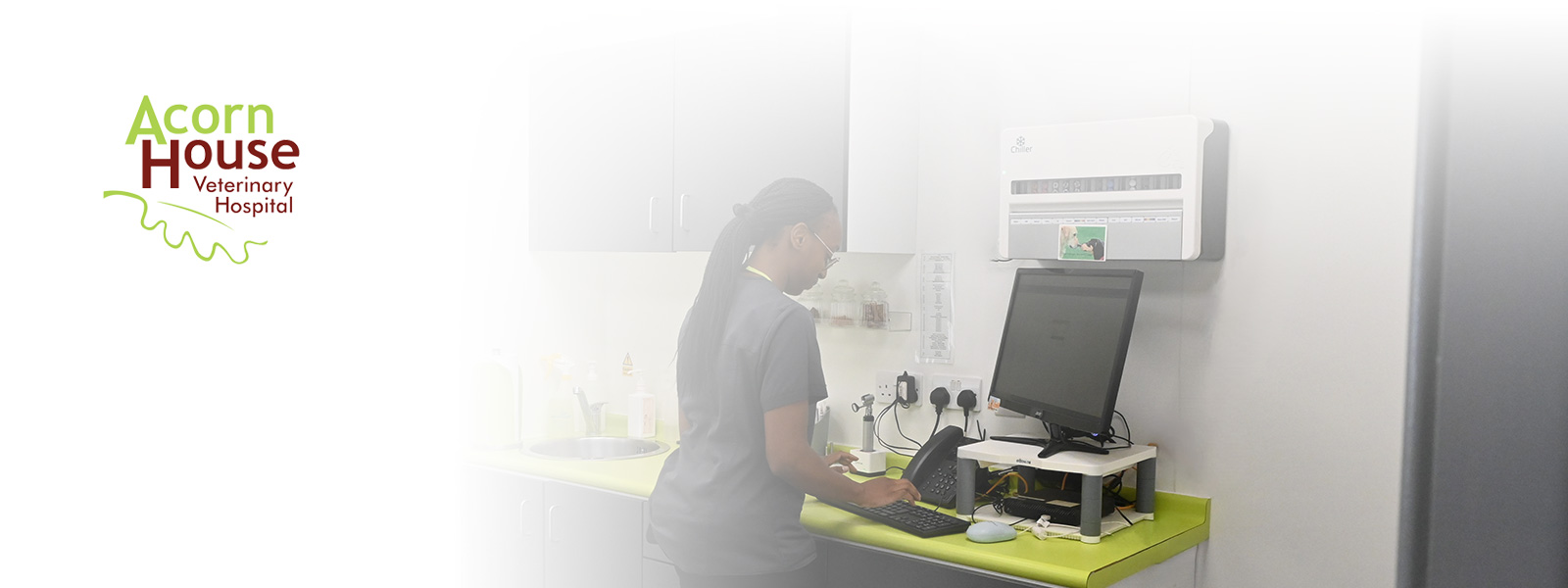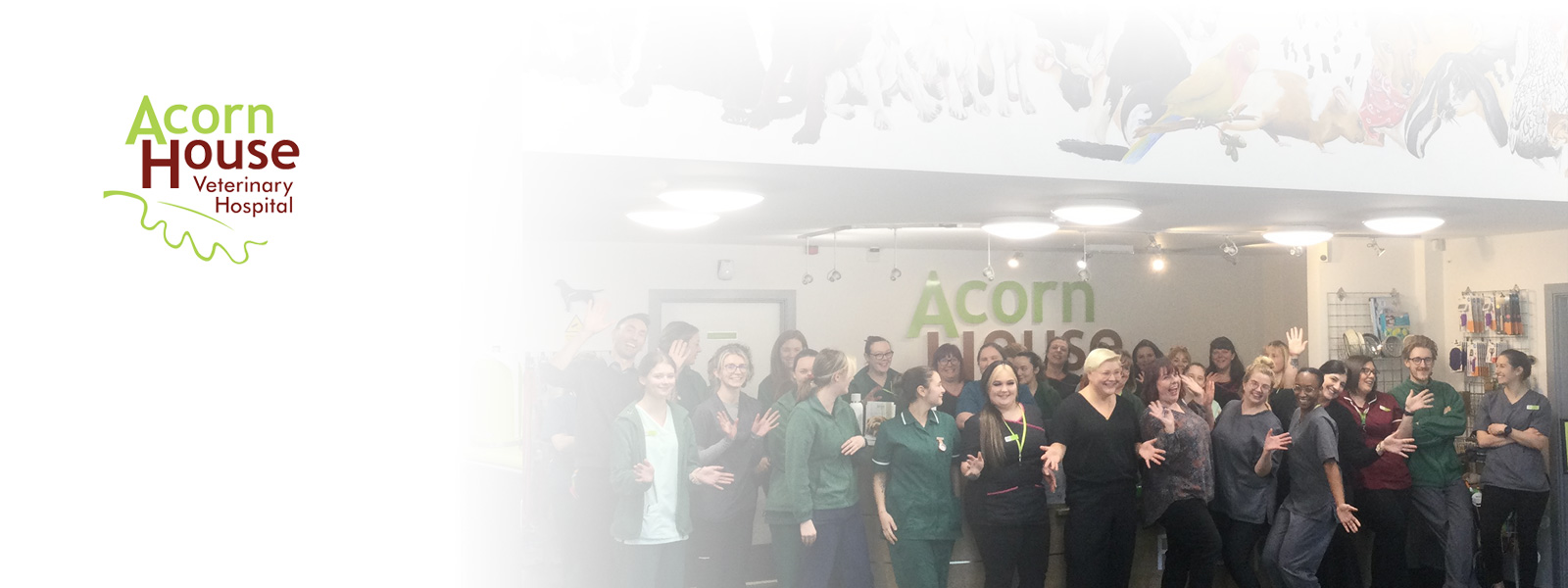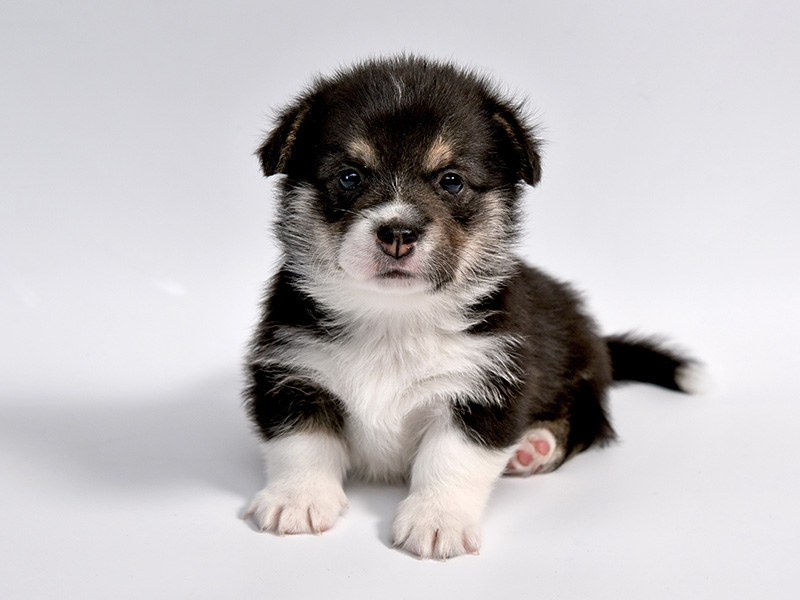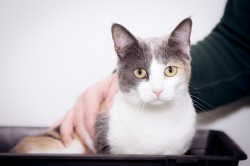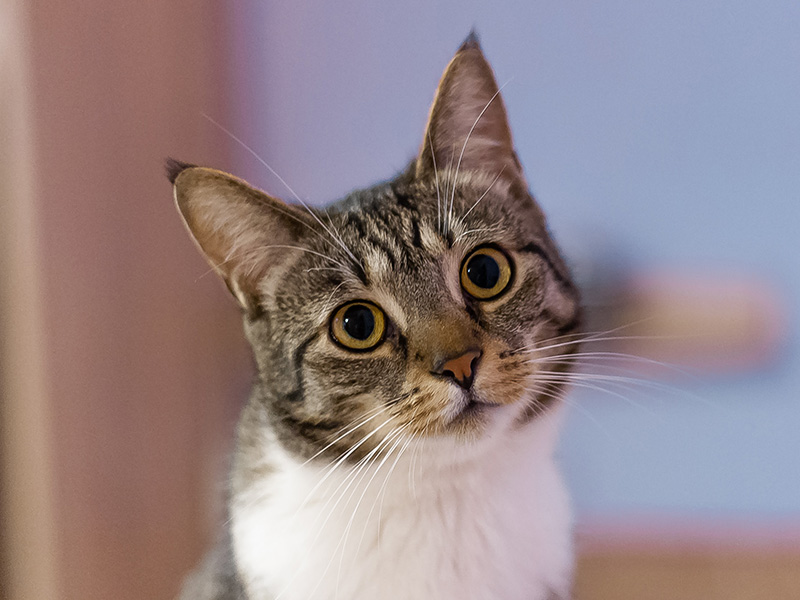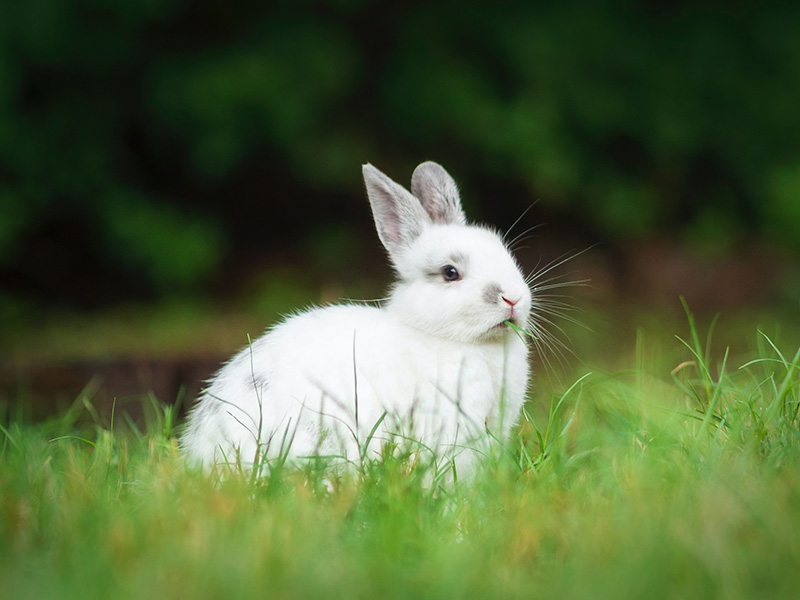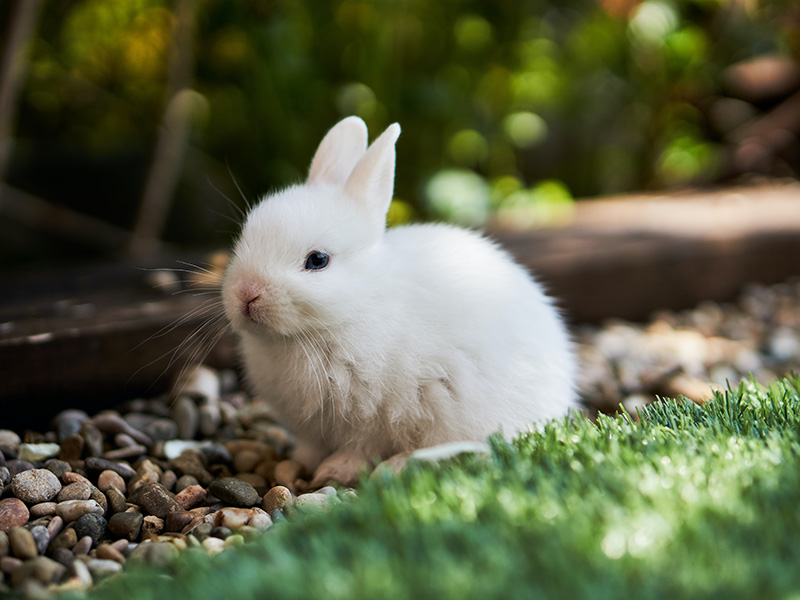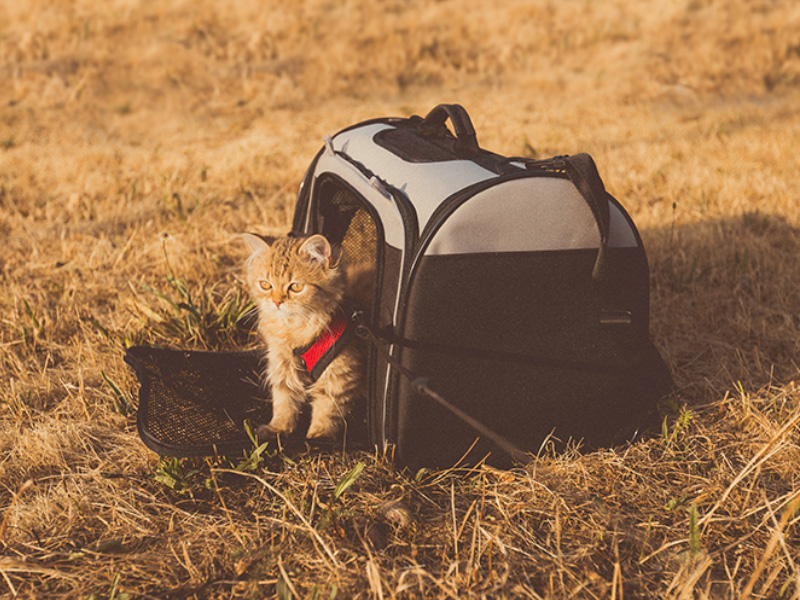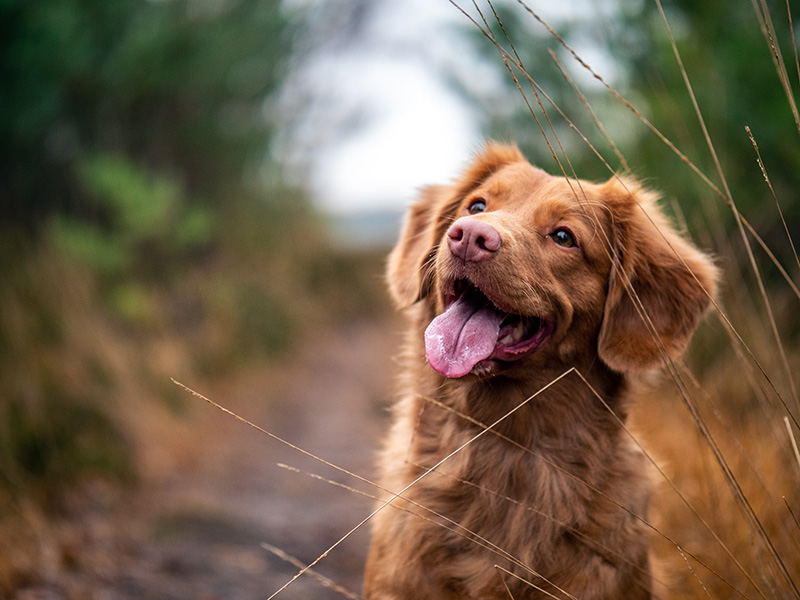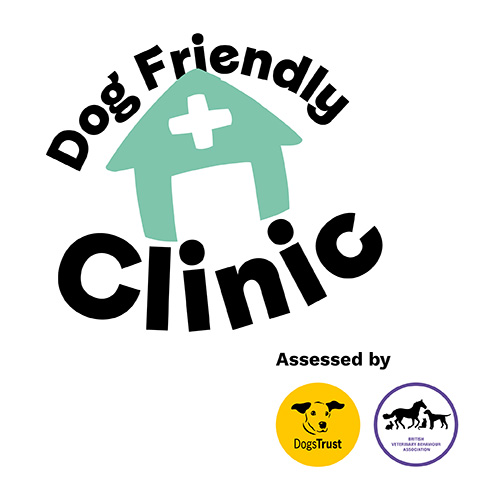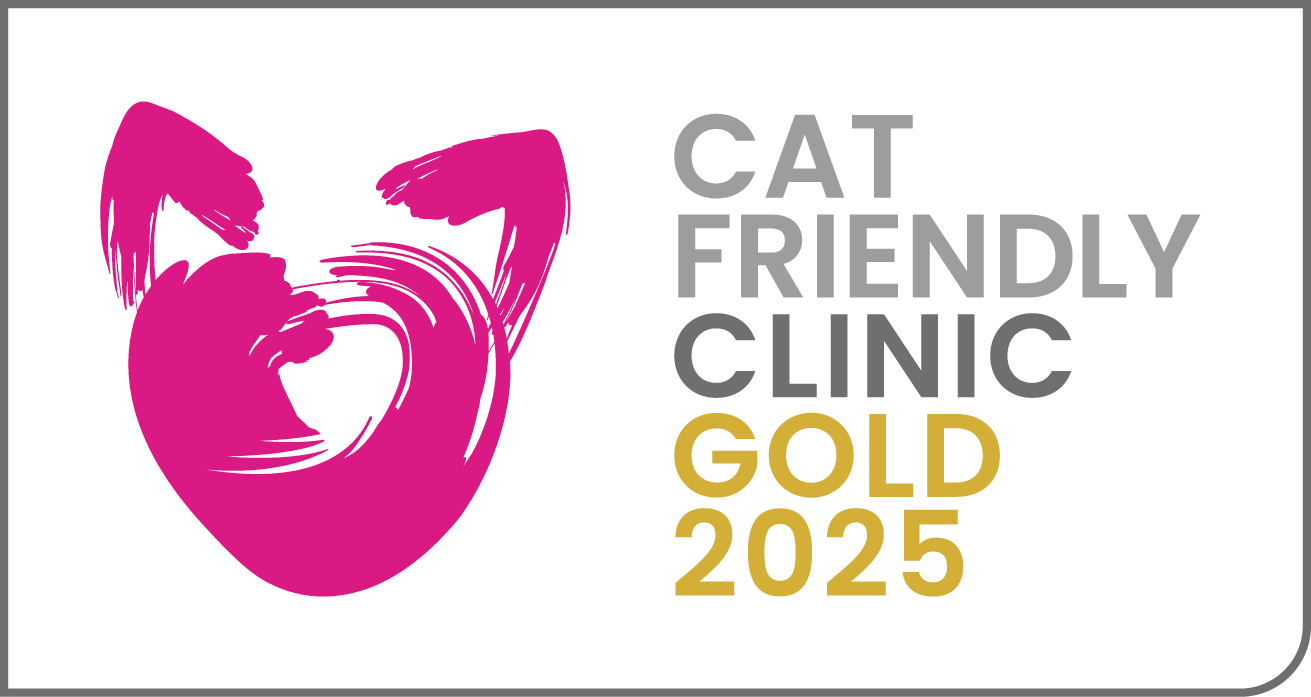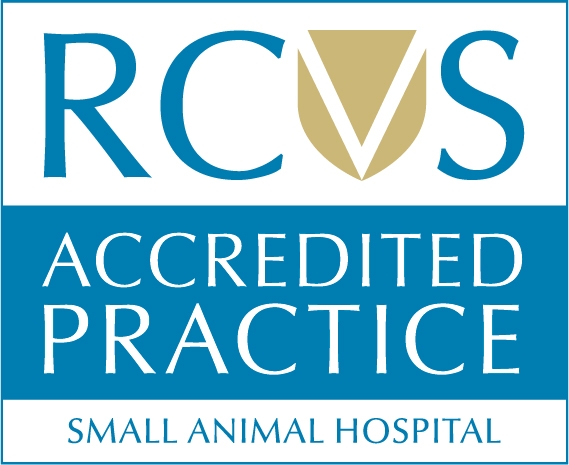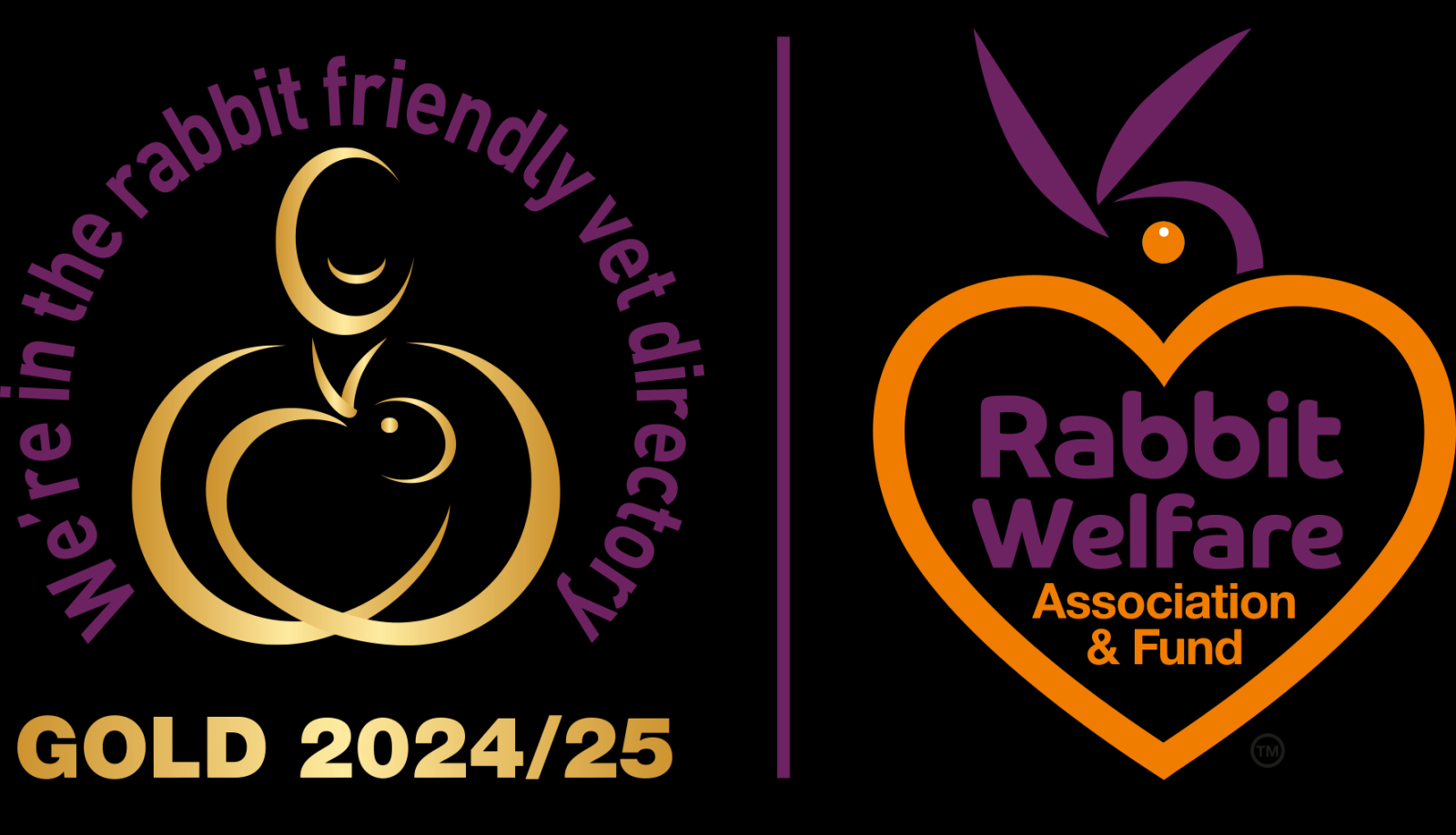| Our preventative healthcare plan is a great way to keep up to date with vaccinations and preventative treatments for cats and dogs and rabbits in a simple monthly payment. |
|
|
It includes:-
- Annual booster vaccinations for cats, dogs and rabbits, which are completely included in the health club once the pets have been part of the plan for 12 months. During the initial 12 months a 20% discount will be given on the vaccinations
- Rabbits receive blowfly prevention (flystrike), and includes 2 treatments a year
- Dogs receive year-round flea, tick, roundworm, lungworm, tapeworm control tailored to your pet's lifestyle.
- Cats receive flea control, year-round flea, tick, roundworm, lungworm, tapeworm control tailored to your pet's lifestyle
- Pets receive a 6 monthly 10 Point Health Checks including a nail clip, weight check, dental check and review of parasite control with the nurse
- £25 off out of hours consultation fee (unlimited consultations)
- 20% discount for first vaccine within the initial 12 months of joining
- 10% discount off dental procedures
- 10% discount off neutering (this does not include elective keyhole spays)
- 10% discount off all pet accessories bought at the practice
- 5% discount off pet food bought in practice
- You can sign up to the Acorn Health Plan via the link on our website.
|
|
|
Easter and Spring Hazards
|
|
| Looking ahead to Easter and Springtime we should be mindful of certain things that we enjoy that can be harmful to our pets. |
|
|
There are often many chocolate treats around at Easter time, which we may love but can be harmful to our pets. Dark and milk chocolate contain theobromine, which cannot be metabolised by dogs in the same way as by humans and affects the nervous system, stomach, and muscles.
We often enjoy a roast dinner or two over Easter, but we should be mindful of elements that can cause a risk to our pets. Onion, leeks, and garlic, which are included in many gravy granules, are part of the allium family, which are toxic to dogs and cats.
|
|
|
|
They can cause damage to red blood cells, and result in gastrointestinal signs, dehydration and anaemia. We should also ensure not to feed cooked bones from roast dinners to our pets as these can splinter and cause internal injuries.
Some of our traditional Easter treats, such as hot cross buns and simnel cakes contain dried fruits such as raisins, sultanas and currants. Ingestion of dried fruits (and grapes) can cause gastrointestinal signs, lethargy, abdominal pain and in some cases kidney failure.
Some Easter sweets can contain xylitol, an artificial sweetener which can also be found in many drinks and in chewing gum. Xylitol is toxic to dogs and ingestion can result in a drop in blood sugar levels, lethargy, weakness and seizures.
With Spring on the way there are more specific hazards to be aware of, including bulbs, flowers, and garden chemicals. Bulbs, such as daffodils, tulips, crocus, and hyacinths all contain alkaloids, which are chemical that can be toxic to our pets; this includes dogs, cats and rabbits and guinea pigs. The bulbs themselves contain the most concentrated amounts of alkaloids, however any part of the plant, even the water that cut flowers such as daffodils have been in can be toxic. Symptoms can include drooling, sickness and diarrhea and changes in breathing and heart rate. Lilies should also be avoided, specifically for cats, as contact can lead to kidney failure.
As the weather improves, many of us will be spending more time in the garden. We should be very careful when using any fertilisers, weed killers or slug pellets. These can not only be harmful to wildlife, but also to our pets. Garden chemicals can be ingested through grooming after contact with spillages or treated plants, being absorbed through the skin or even through inhalation. There are many pet friendly alternatives available, which reduces risk to our pets and helps to protect wildlife.
If you believe that your pet has ingested or been in contact with any toxin, please call us immediately, with information on what and when they have been in contact with it.
|
|
|
April is National Pet Month! This campaign aims to highlight and encourage responsible pet ownership.
|
|
|
Taking on a pet is a big responsibility and making sure that you have researched their requirements prior to getting them is vital. Providing training and socialisation, depending on species is important, particularly in dogs. Our pets need specific diets, based on their species and age; this
|
|
|
|
should be well balanced and should meet their nutritional requirements. Our pets should have regular vet checks and access to preventative treatment, such as vaccinations, flea and worming treatment, where appropriate. Suitable housing and bedding should be provided, and hygiene is paramount. Where appropriate pets should be neutered to prevent unwanted litters. Most pets need grooming of some description, whether by professionals or at home to keep their coats healthy and to keep them clean. Dogs and cats must be microchipped, and other pets can be too. It is important to register your microchip and keep you details up to date. We should also ensure that we are financially prepared for unexpected bills, either by a savings account, or by insuring your pet.
|
|
|
The 26th April is World Veterinary Day! The veterinary profession includes vets, nurses, receptionists, managers, administrators and other support staff and they play a vital role in the health and wellbeing of our pets. The theme for World Veterinary Day this year is ‘Animal Health Takes a Team.’
Veterinary staff dedicate their lives to the care and welfare of animals, and it is the perfect chance to recognise and appreciate all the knowledge, skill, time, effort and sometimes heartache that goes into every patient we see. We thank all our Acorn House team for their dedication and hard work that makes the practice what it is.
|
 |
|
|
Consultations by appointment only – 01234 261839
Friday 18th April 2025 – GOOD FRIDAY - EMERGENCY SERVICE
Saturday 19th April – 8 am – 4:30 pm
Sunday 20th April – EASTER SUNDAY – EMERGENCY SERVICE
Monday 21st April – EASTER MONDAY - EMERGENCY SERVICE
Tuesday 22nd April 2025– 8 am – 8 pm
24 Hour Emergency Service – 01234 261839
Wishing all our clients and patients a very Happy Easter!
|
|
|
Medication Requests & Repeat Medication
|
|
To order a repeat prescription for your pet simply visit our website, www.acornhousevets.co.uk and click on the link Repeat Medication Request where you can fill in your details to make your request. The form can be used on a mobile, tablet or computer. For all repeat medication we must ask you to give us 48 hours' notice so that your request can be processed, authorised by a vet and dispensed.
|
|
|
Did you know that you can leave us a Google review quickly and easily using our QR code? You can scan the code on this newsletter and let us know what you think of the service that we provide. There is also a QR code on reception and QR code cards available, in addition to the paper questionnaires so please feel free to scan whenever you visit! Leaving us feedback helps us to continuously improve or service and pass on lovely feedback to our hardworking team.
|
|
|
|

